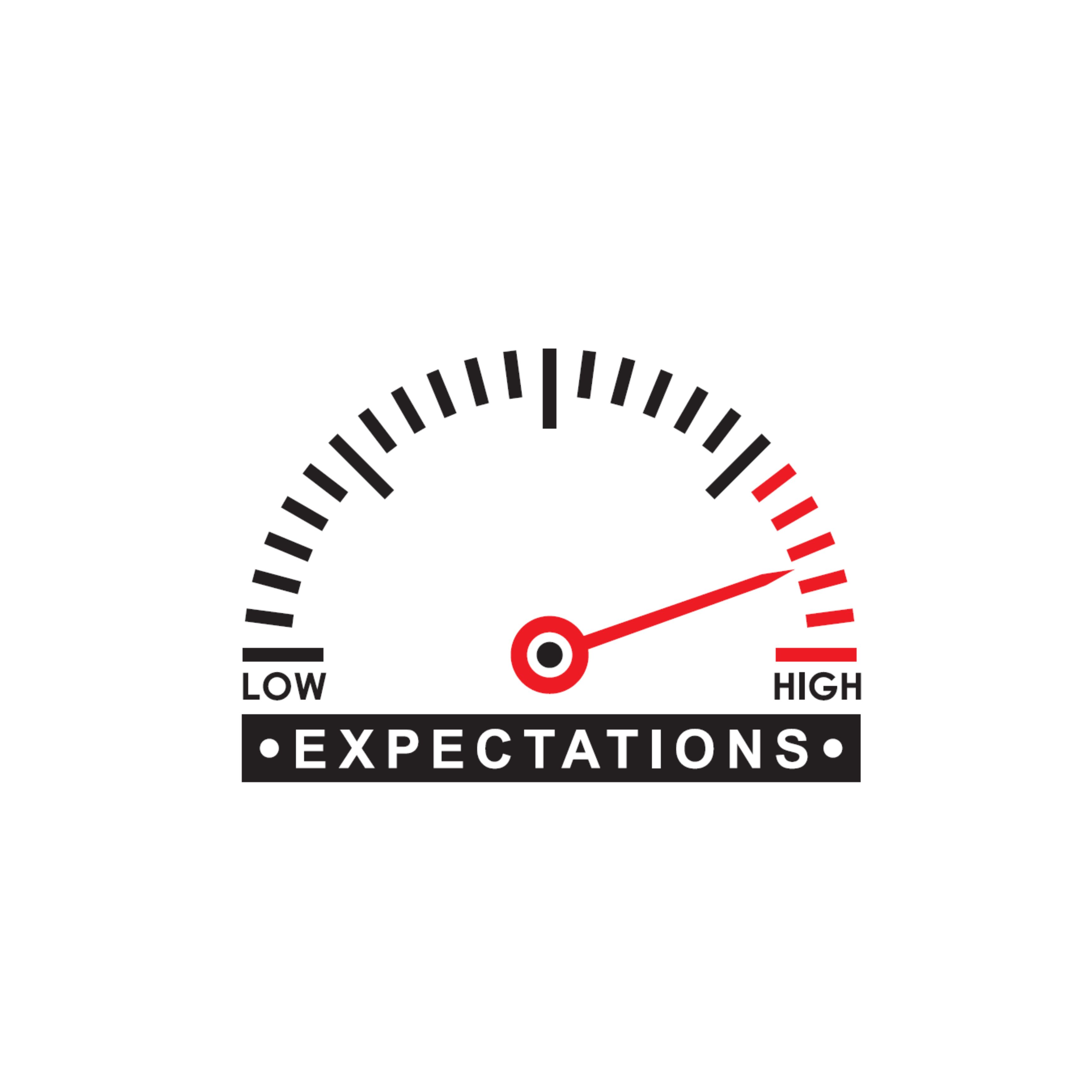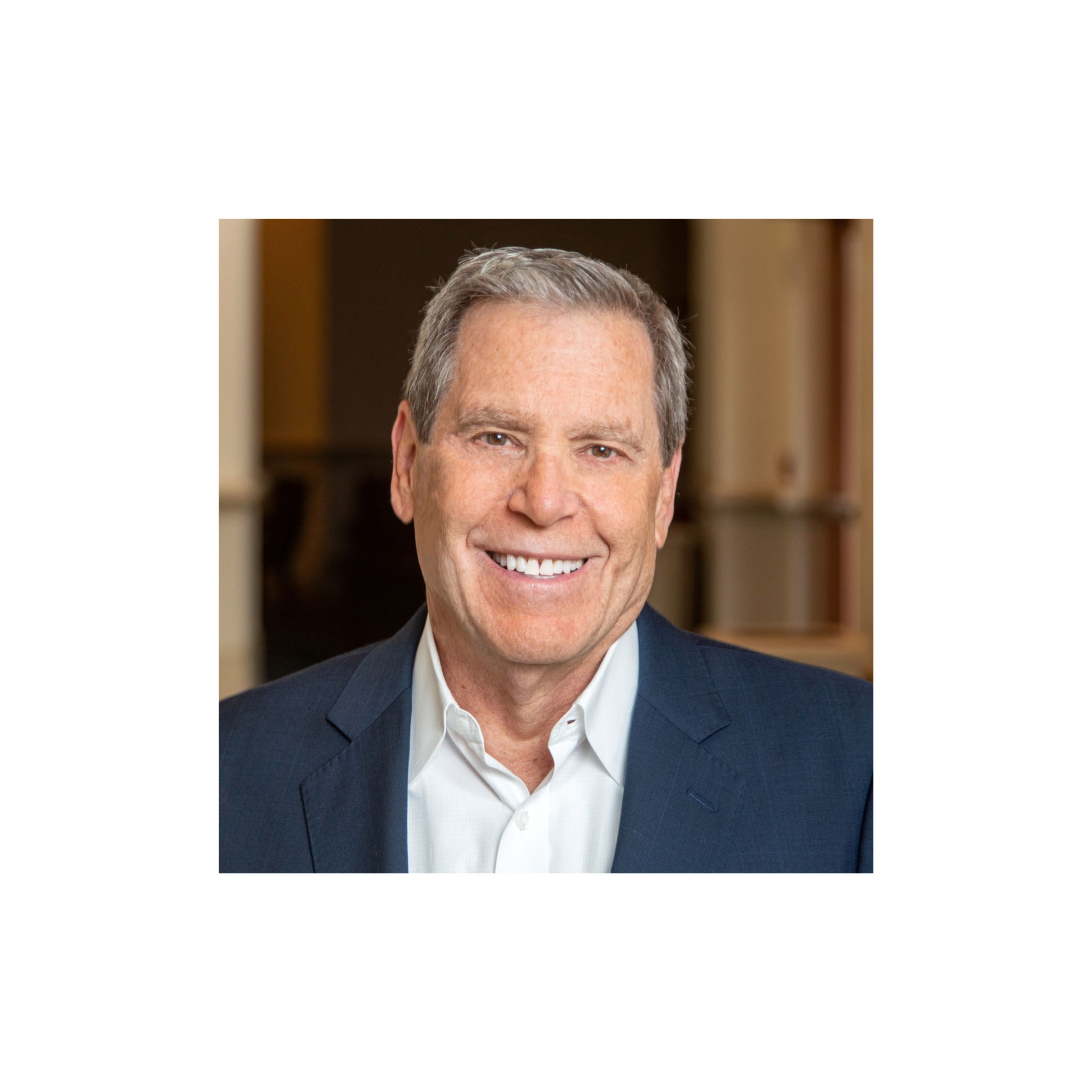
4 minute read
Expectation Checks Are Critical to Your Success
Avoid #1 Killer of Business and Personal Relationships!
BY BILL CATES, CSP, CPAE
PRESIDENT, REFERRAL COACH INTERNATIONAL
“Making expectation checks a part of how you interact with your clients will lead to higher client satisfaction and loyalty’’
Have you ever experienced the following situation at work or home?
Someone had an expectation of how a process, meeting, event, or result might play out.
They did not communicate that expectation to you.
That expectation was not met.
Can you relate? Unexpressed and unmet expectations can damage your relationships in all corners of your life. Here are a few examples of expectations that new clients have, but don’t always communicate:
How often you will meet.
The performance of their portfolio.
How quickly you will return emails or phone calls.
How much you will be involved with them versus one of your other team members.
Who will take care of someone they might refer to you.
Establishing and checking in on expectations is one habit that will serve you and all your relationships well. If this is not yet a habit for you, it may take a dose of courage to get going.
Making expectation checks a part of how you interact with your clients will lead to higher client satisfaction and loyalty, as well as higher client engagement. And it is engaged clients who provide referrals and make introductions.
Foreshadow Expectation Checks
One great way to get into the habit of checking in on expectations is to explain and foreshadow the face that you are going to connect expectation checks and in other ways, make sure that your communication is as clear and forthcoming as possible.
For Quality Communication
It could sound something like this…
YOU: George and Martha – Would you agree that given the nature of the work we’ll be doing together, that it’s important we maintain a high level of transparent and honest communication on a regular basis?
CLIENTS: Yes, of course.
YOU: Good. So, to that end, I am going to check in with you on your expectations on a regular basis. If we have fallen short of any expectation, we need to know that. So, we can fix it and/ or prevent it in the future. And, we love to know when we are meeting or even exceeding your expectations, so we can keep doing those things for you and for everyone else.
CLIENTS: Sounds good. This is one reason we left our other advisor. He never really seemed to know or care to know what we expected and how we felt about working with him. He always assumed everything was perfect.
For You Taking a Leadership Role with Them
It could sound something like this…
YOU: George and Martha – One of the things that I’ve observed in doing the work that I do is that many people – many very smart and successful people – often put off doing the right things for themselves and others impacted by their financial decisions. You and I have already discussed some of your natural procrastination in this area.
CLIENTS: We can certainly relate.
YOU: So, as we continue to work together, there may come a time when you are putting something off; something that you know is important to either you or those close to you. If this type of situation ever presents itself, do I have your permission to remind you of this and gently nudge you to do the right thing?
CLIENTS: Yes. Please do. We know the value of this sort of support and guidance.
The above examples are two of the many places you might apply this type of process. I highly recommend that you establish clear expectations with your clients around the type of communication, the performance of their portfolio, the frequency of contact, your leadership role, and any other areas that you deem important to a highly functional and rewarding relationship
Action Steps
With your staff or a colleague, think of all the areas of working with your clients where you want to make sure expectations are established, monitored, and occasionally adjusted.
Think through – even write some word tracks for how you would want to discuss these with your clients.
“Practice’’ on some of your current clients with whom you have a great relationship. Let them know you’re practicing and appreciate their feedback.

Bill Cates, CSP, CPAE, is the author of Get More Referrals Now, Beyond Referrals, and Radical Relevance, and is a highly sought-after coach, consultant, international speaker, and virtual presenter.
CalBroker Readers can get free (but value) tools here: www.ReferralCoach.com/resources
Bill can be reached directly at:










